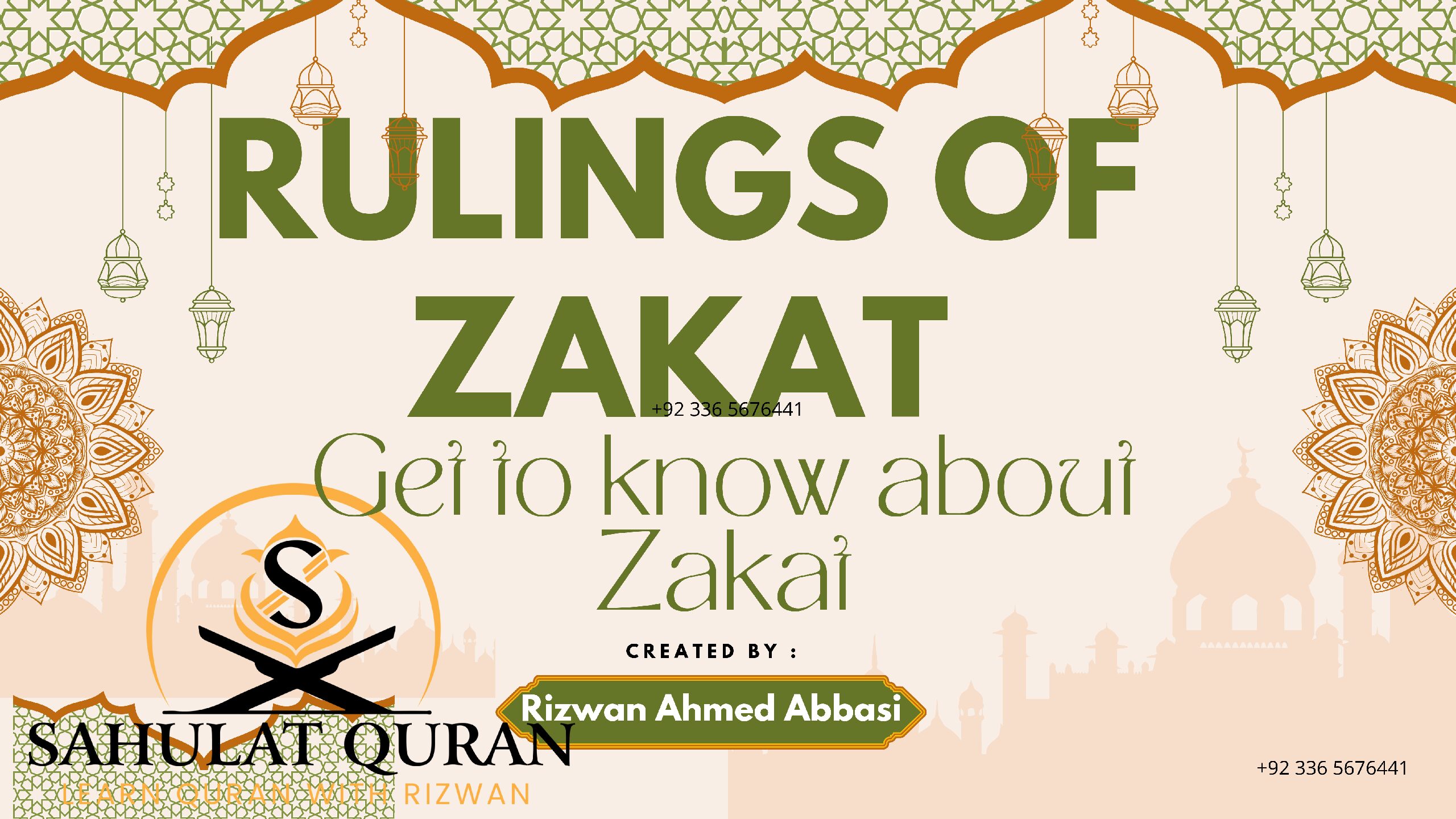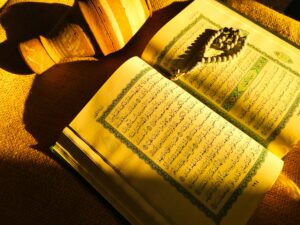Zakat in Islam
Zakat is one of the five pillars of Islam and is considered a fundamental aspect of a Muslim’s faith. It is a compulsory charity that Muslims must pay to the poor and needy.
Quranic Perspective
The Quran emphasizes the importance of Zakat in several verses:
1. “And establish prayer and give zakah, and whatever good you put forward for yourselves – you will find it with Allah.” (Quran 2:110)
2. “Take, [O, Muhammad], from their wealth a charity by which you purify them and cause them increase.” (Quran 9:103)
Hadith Perspective
The Prophet Muhammad (peace be upon him) also emphasized the importance of Zakat:
1. “Zakat is a right of the poor, and it is a purification for the rich.” (Hadith, Bukhari)
2. “Whoever pays zakat, it is as if he has paid it to Allah.” (Hadith, Muslim)
Who is Eligible to Receive Zakat?
The Quran and Hadith specify that Zakat can only be given to certain categories of people:
1. The poor and needy (Quran 9:60)
2. Those who collect Zakat (Quran 9:60)
3. Those whose hearts are to be reconciled (Quran 9:60)
4. Those in bondage (Quran 9:60)
5. Those in debt (Quran 9:60)
6. Those who are fighting in the cause of Allah (Quran 9:60)
How to Calculate Zakat?
The calculation of Zakat is based on the excess wealth that a person possesses above a certain threshold (called Nisab). The Nisab is:
– 87.48 grams of gold or
– 612.36 grams of silver
The rate of Zakat is 2.5% of the excess wealth.
Conclusion
Zakat is a fundamental aspect of Islam and is a means of purifying one’s wealth and soul. It is essential to understand the Quranic and Hadith perspective on Zakat to ensure that it is paid correctly and to the right recipients.Nisab (نِصاب) is a fundamental concept in Islamic finance and zakat calculation. Here’s a detailed explanation:
# Definition
Nisab is the minimum amount of wealth that a person must possess to be eligible to pay zakat. It is a threshold that distinguishes between those who are required to pay zakat and those who are not.
# Types of Nisab
There are two types of Nisab:
1. Nisab-e-Maal: This refers to the minimum amount of wealth that a person must possess to be eligible to pay zakat on their assets, such as gold, silver, cash, and other forms of wealth.
2. Nisab-e-Tijarah: This refers to the minimum amount of wealth that a person must possess in their business or trade to be eligible to pay zakat on their business assets.
# Calculation of Nisab
The Nisab is calculated based on the value of gold or silver. The most common method of calculation is:
– 87.48 grams of gold (approximately 3 ounces)
– 612.36 grams of silver (approximately 20 ounces)
The value of Nisab is then calculated based on the current market value of gold or silver.
# Importance of Nisab
Nisab is essential in determining who is eligible to pay zakat and who is not. It ensures that only those who have a certain level of wealth are required to pay zakat, while those who are less fortunate are exempt.
# Exemptions from Nisab
Certain individuals are exempt from paying zakat, even if they possess wealth above the Nisab threshold. These include:
– The poor and needy
– Those who are in debt and do not have sufficient wealth to pay their debts
– Those who are traveling and do not have access to their wealth Nisab (نِصاب) is the minimum amount of wealth you need to have to be required to pay zakat.
Think of it like a threshold:
– If you have wealth below this threshold, you don’t have to pay zakat.
– If you have wealth above this threshold, you do have to pay zakat.
The threshold is usually calculated based on the value of:
– 87.48 grams of gold
– 612.36 grams of silver
If your wealth is worth more than this, you’ll need to pay 2.5% of the excess as zakat.
For example:
– If you have $1,000 in savings and the Nisab threshold is $800, you’ll need to pay zakat on the $200 excess ($1,000 – $800).
– If you have $500 in savings, you won’t need to pay zakat because you’re below the threshold.
That’s Nisab in simple terms! According to the Quran and Hadith, there are eight categories of people who are eligible to receive Zakat:
1. Fuqara (الْفُقَرَاءُ): The poor and needy who do not have enough wealth to meet their basic needs.
2. Miskin (الْمَسَاكِينُ): The destitute and impoverished who are in a worse condition than the Fuqara.
3. Aamilin (الْعَامِلِينَ): Those who collect and distribute Zakat, such as Zakat collectors and administrators.
4. Muallafatul Qulub (مُعَلَّفَةُ الْقُلُوبِ): Those whose hearts are to be reconciled, such as new Muslims or those who are struggling with their faith.
5. Ar-Riqab (الرِّقَابُ): Slaves or those who are in bondage, to help them gain their freedom.
6. Al-Gharimin (الْغَرِمِينَ): Those who are in debt and are unable to pay their debts.
7. Fi Sabilillah (فِي سَبِيلِ اللَّهِ): Those who are fighting in the cause of Allah, such as soldiers or mujahideen.
8. Ibn Al-Sabil (ابْنُ السَّبِيلِ): Travelers who are stranded or in need of assistance.
These categories are based on the Quranic verse: “As-Sadaqat (here it means Zakat) are only for the Fuqara, and Al-Miskin, and those who work for it, and those whose hearts are to be reconciled, and to free the captives, and those who are in debt, and for Allah’s cause, and for the wayfarer.” (Quran 9:60)
Error: Contact form not found.






2 Responses
Jazakum Allahu Khairan for breaking down the rulings of Zakat so clearly. Many people know it’s an obligation but don’t always understand the details—especially the Nisab and who qualifies to receive it. It’s great to see platforms like SahulatQuran educating the Ummah. For those looking to not only understand Zakat but also apply Quranic teachings in daily life, structured online classes really help. May Allah accept our efforts in learning and giving.
Really appreciated the depth and clarity of this post. It offered great insights and gave me a new perspective—thanks for sharing.